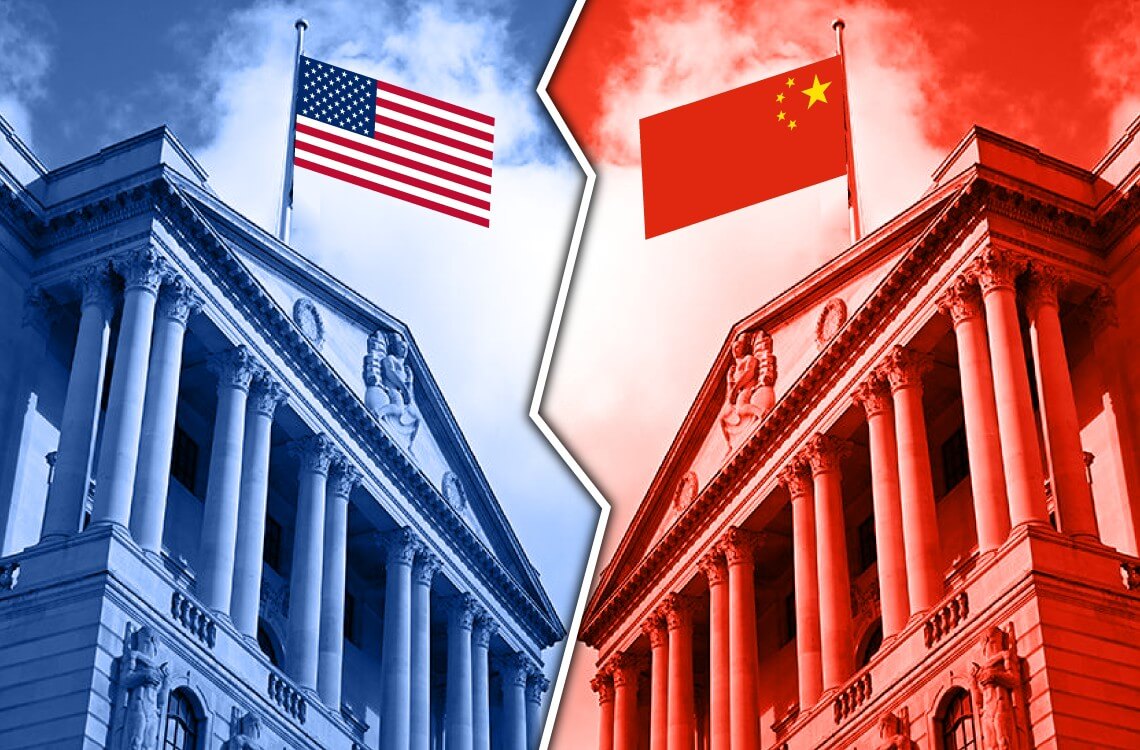It seems the tables have turned. The U.S., in a bold move, is knocking on China’s door, urging transparency regarding the state of its economy. With China holding such a prominent position in the global economic theater, ripples from its slowdown could reverberate, impacting worldwide growth trajectories.
U.S. concerned about China’s transparency
Jake Sullivan, the U.S. national security adviser, didn’t mince words. He voiced clear concern about Beijing’s recent decisions to halt the release of data about its swelling youth unemployment and its clampdown on corporate due diligence. The world’s second-largest economy keeping mum?
Not a move the U.S. believes is in the best interest of global financial stability. After all, in our interconnected world, even the slightest uncertainty about China’s economy can influence global investment decisions, trade agreements, and stock markets.
Sullivan pointedly remarked on the absence of transparency concerning China’s economic documentation. This includes the unanticipated crackdown on firms providing insights into the nuances of China’s economic operations.
Yet, amidst these critiques, it’s also important to note that the U.S. is not just pointing fingers. Efforts are being made to bridge gaps. The upcoming visit of Gina Raimondo, the U.S. commerce secretary, to China signals Washington’s intention to foster a stable, albeit competitive, relationship with Beijing.
The bigger picture: Global economic power play
This isn’t just about a single country’s economy. It’s a part of a grander tapestry of global economic maneuvers. President Joe Biden, with his recent executive order limiting U.S. investment in certain Chinese tech domains and focus on minimizing dependency on Chinese supply chains, is outlining a distinct path for U.S. economic strategy.
Beijing, however, isn’t just sitting by. The rise of the Brics bloc and their aspirations to offer an alternative to the G7, along with China’s expansive Belt and Road Initiative, underline its plans to stretch its influence and infrastructure across the globe.
But the U.S. is strategizing too. Biden’s upcoming visit to India for the G20 leaders summit promises a focus on rallying support from aligned nations.
The emphasis? Bolstering economic assistance, especially for the global south, primarily through influential institutions like the IMF and the World Bank.
Sullivan hinted at a multilateral strategy, saying that while the U.S. plans to catalyze a whopping $50 billion in lending to middle-income nations via the IMF and the World Bank, collaboration with allies could push this to a staggering $200 billion.
Interestingly, Sullivan also tackled the elephant in the room: the Brics bloc. While these nations — Brazil, India, Russia, South Africa, and China — are attempting to etch their economic narrative, Sullivan downplayed the U.S.’s perception of them as direct competitors.
Despite their combined might, the bloc, according to Sullivan, remains diverse with varying opinions on pressing global issues. There’s no room for complacency in the high-stakes game of global economics.
China’s current financial opacity has certainly caught the attention of the U.S., prompting outcries for more clarity. But in the intricate dance of global power, both nations remain pivotal players, each maneuvering to ensure their nation’s prosperity and influence.
With challenges aplenty, the road ahead is uncertain. But one thing is for sure: the world watches, waits, and wonders what the next move will be in this grand economic chess match.





